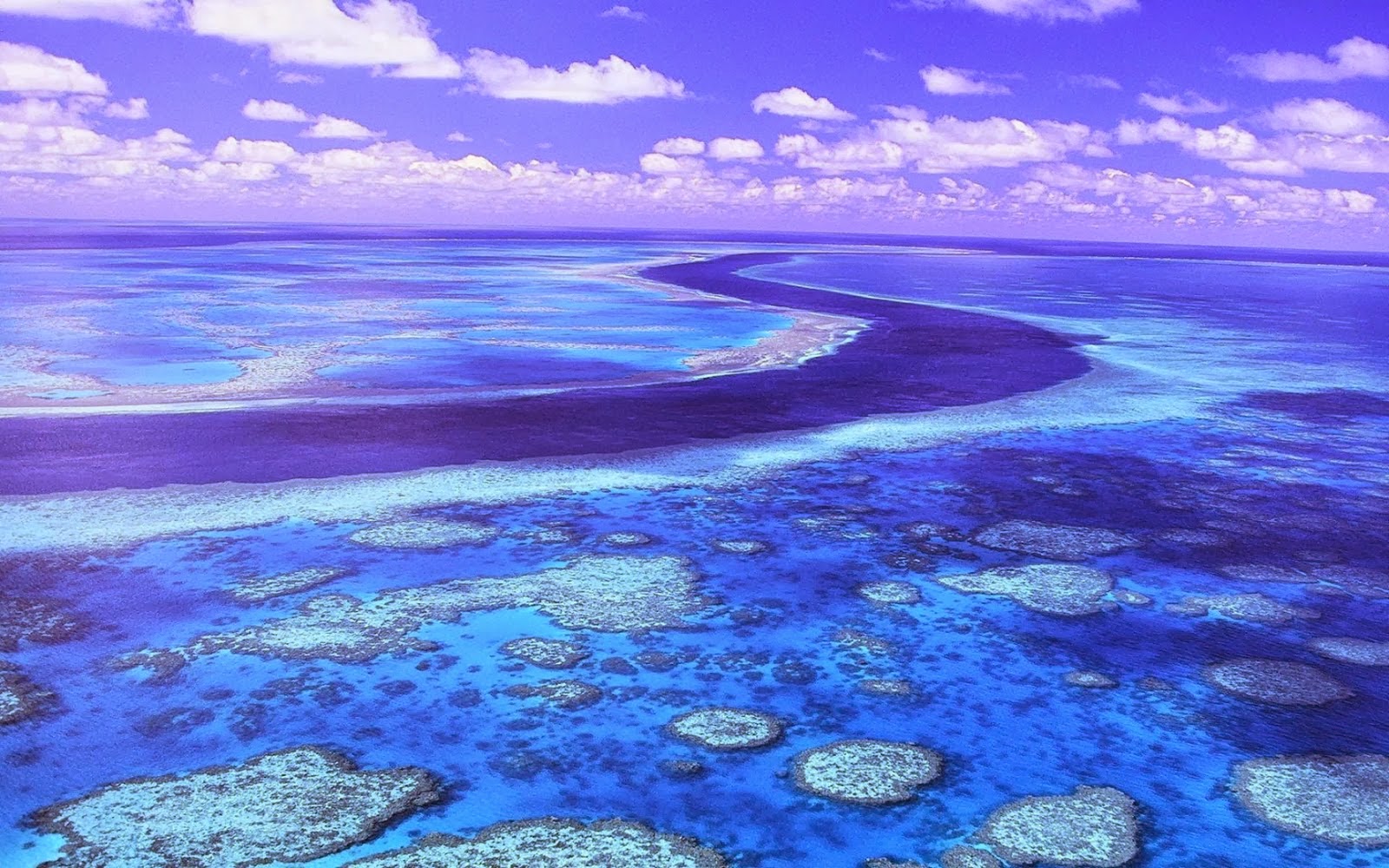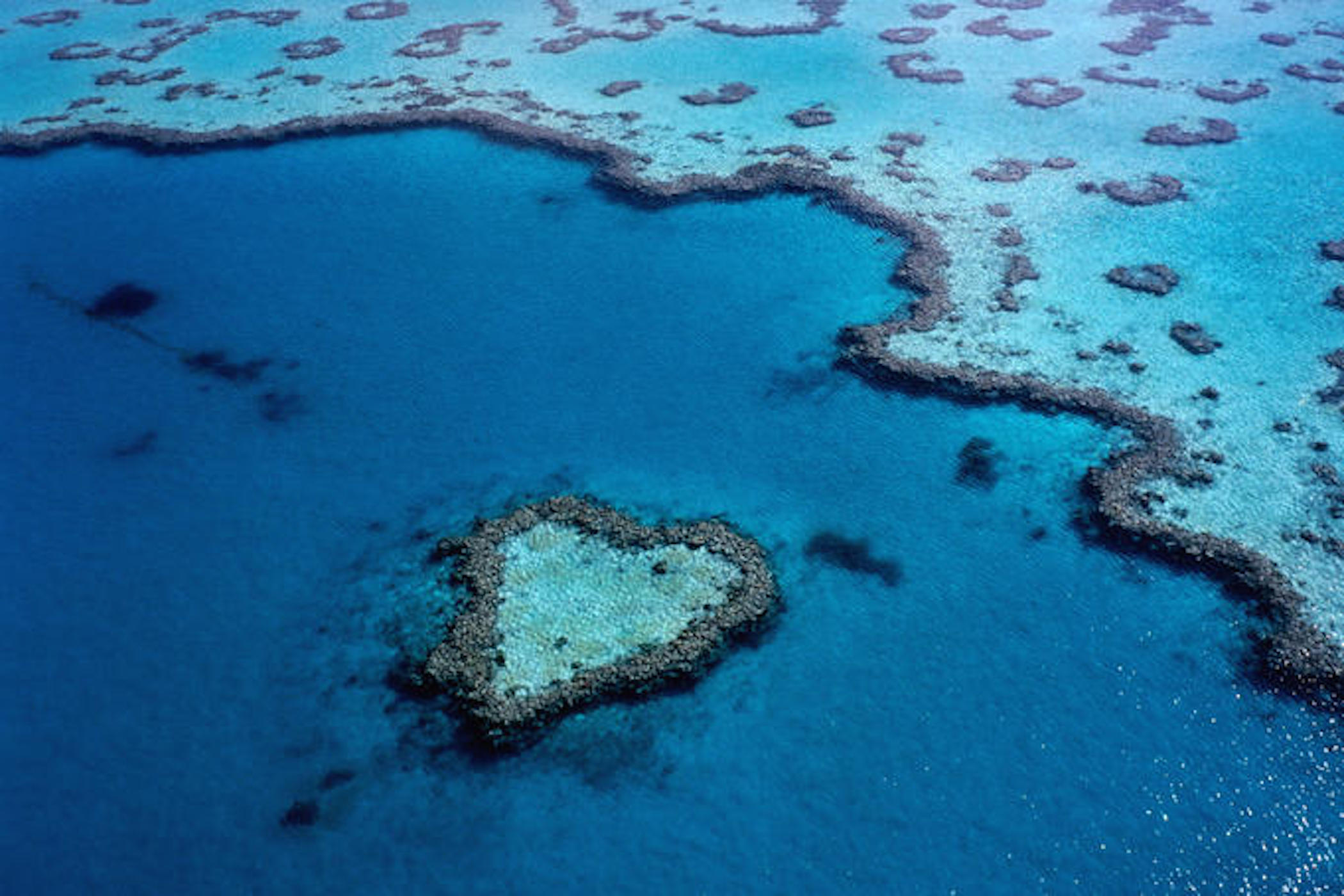
Longer and more frequent bleaching events are only expected to become increasingly common as human-caused climate change warms the planet.

“It is important to remember that we had a mass bleaching event in 2020, but there was very low coral mortality.” "If the water temperature decreases, bleached corals can recover from this stress,” says David Wachenfeld, chief scientist at the Great Barrier Reef Marine Park Authority, to CNN’s Hilary Whiteman. Because the previous heatwave was short-lived, many of the bleached corals were able to recover. This year’s intense bleaching event is the first since 2020 when over a third of corals had moderate bleaching and a quarter had severe bleaching. Scientists are particularly concerned that such severe bleaching is taking place during La Niña, a weather system that normally creates cooler temperatures. Water temperature on the reef soared as high as seven degrees Fahrenheit above average in recent weeks, Lauren Sommer reports for NPR.
#Australia great barrier reef update#
The update comes as researchers consider whether to add the reef, one of the world's seven natural wonders, to their "in danger" list, per Brittyn Clennett for ABC News.Īerial photo of widespread reef bleaching in September 2017 near Queensland, Australia. The worst damage was in northern and central areas, including near the coastal city of Townsville. When UNESCO scientists conducted recent aerial surveys of the reef using helicopters and fixed-wing aircraft, they found that around 750 reefs show widespread bleaching. The corals turn a stark white, and if stressed for too long, they will die.

But when corals are stressed by marine warm waters, they will expel their algal partner in a process called coral bleaching. Now, the Great Barrier Reef appears to be suffering its fourth mass bleaching in the last seven years.ĭespite their plant-like appearance, corals are animals made up of hundreds to thousands of tiny creatures called polyps that rely on photosynthetic algae that live in their tissues to produce food.

The sprawling ecosystem is made up of individual reefs formed over thousands of years, which have been repeatedly stressed by recent marine heatwaves. The Great Barrier Reef is the largest coral reef system in the world, stretching for 1,429 miles over an area of approximately 133,000 square miles. Aerial surveys detected catastrophic coral bleaching on around 60 percent of the reef’s corals, reports Darryl Fears for the Washington Post. Abnormally warm waters are stressing Australia's Great Barrier Reef, causing large parts of the usually colorful reef to turn a ghostly white.


 0 kommentar(er)
0 kommentar(er)
